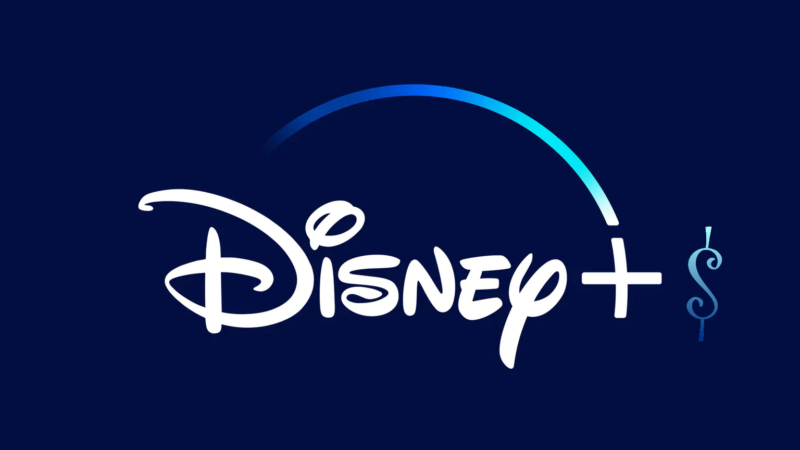
Since its launch in 2019, Disney+ has only slightly jumped in subscription costs for both monthly and annual fees. If active subscribers don’t check their account settings when a major Disney+ change goes live later this year, they won’t notice a difference in their bills, as the streaming service’s “base” price will remain $7.99 per month.
Starting in December, however, anyone who sticks to that Disney+ tier will see a new “feature” on the service: advertisements. Disney+ will follow the likes of Netflix and HBO Max, which announced post-launch pricing shake-ups to add advertisements to their programming as a way to offer lower-priced tiers while raising rates for other ad-free subscriptions.
That means Disney+ will also see its existing ad-free tier increase in price, starting on December 8, to $10.99 per month or $109.99 per year, a 37.5 percent increase. Technically, long-term Disney+ subscribers will see a price hike at the lowest tier, as well, as the existing $79.99 per year option ($6.66/mo) will be discontinued. If you want to pre-pay to save, you’ll have to do so at the no-advertisements tier.
Get ready for a Disney-sized range of tiers and bundles
Disney has yet to reveal exactly how its advertisement model will work, and for a family-centric platform like Disney+, that clarification will matter. The company’s long-running Disney Channel famously skipped all paid outside sponsorships since its launch in April 1983, instead regularly featuring Disney products (shows, theme parks, merchandise) between-episode breaks and interstitials. Disney has not indicated that the Disney+ ad-supported tier will include a similar limitation, which could lead to just about any PG-rated advertisement interrupting its children’s programming.
Additionally, Disney did not clarify whether the platform’s programming will be interrupted by ads at random intervals or whether Disney+ will resemble Hulu’s ad-supported tier and manually slot ad breaks at logical moments (i.e., major breaks in the action or old TV series’ existing ad break fades to black).
Speaking of Hulu: Disney confirmed price hikes to that streaming service coming in December for all of its tiers. The company previously announced that Hulu’s ad-supported tier would increase on August 18 to $7.99 per mo (a jump of $1), while its ad-free version will become $14.99 monthly in October (a $2 increase). Disney continues to only offer an annual plan purchase for Hulu’s ad-supported tier ($79.99 per year).
The company previously bundled Disney+ (no ads), Hulu (with ads), and ESPN+ (with ads) for $13.99 per month, and that bundle will increase to $14.99 per month. Now, making pricing matters more confusing, Disney will offer an all-ads bundle of those services for $12.99 per month or a minimal-ads bundle (only on ESPN+, which has always had ads) for $19.99 per month. None of these offers include discounts for pre-paying annually.
If you’d like to add Hulu’s live television tier to the mix, this will only be available as part of a larger bundle that also includes Disney+ and ESPN+. Such a bundle will cost between $69.99 and $82.99 monthly, depending on how many ads you want to stomach on the attached services.
This 27-episode marathon brought to you by…
This week’s Disney news follows two major Netflix announcements this year: a January decision to raise prices for the seventh time in 11 years and a suggestion that it would debut an advertising-supported tier and account-sharing lockdowns in 2023. The latter came after admitting that it had seen its global subscription numbers drop as much as 900,000 in a single quarter (coincidentally, after the aforementioned price hikes went into effect).
Netflix’s announcement about ads followed almost every other streaming service unveiling an ad-supported tier, with HBO Max unveiling its own $5 monthly discount in June 2021. The 2020 launch of NBC’s Peacock included three monthly subscription tiers differentiated by content and number of advertisements, though the service’s “Premium Plus” version still shows ads for some content.
https://arstechnica.com/?p=1873237

